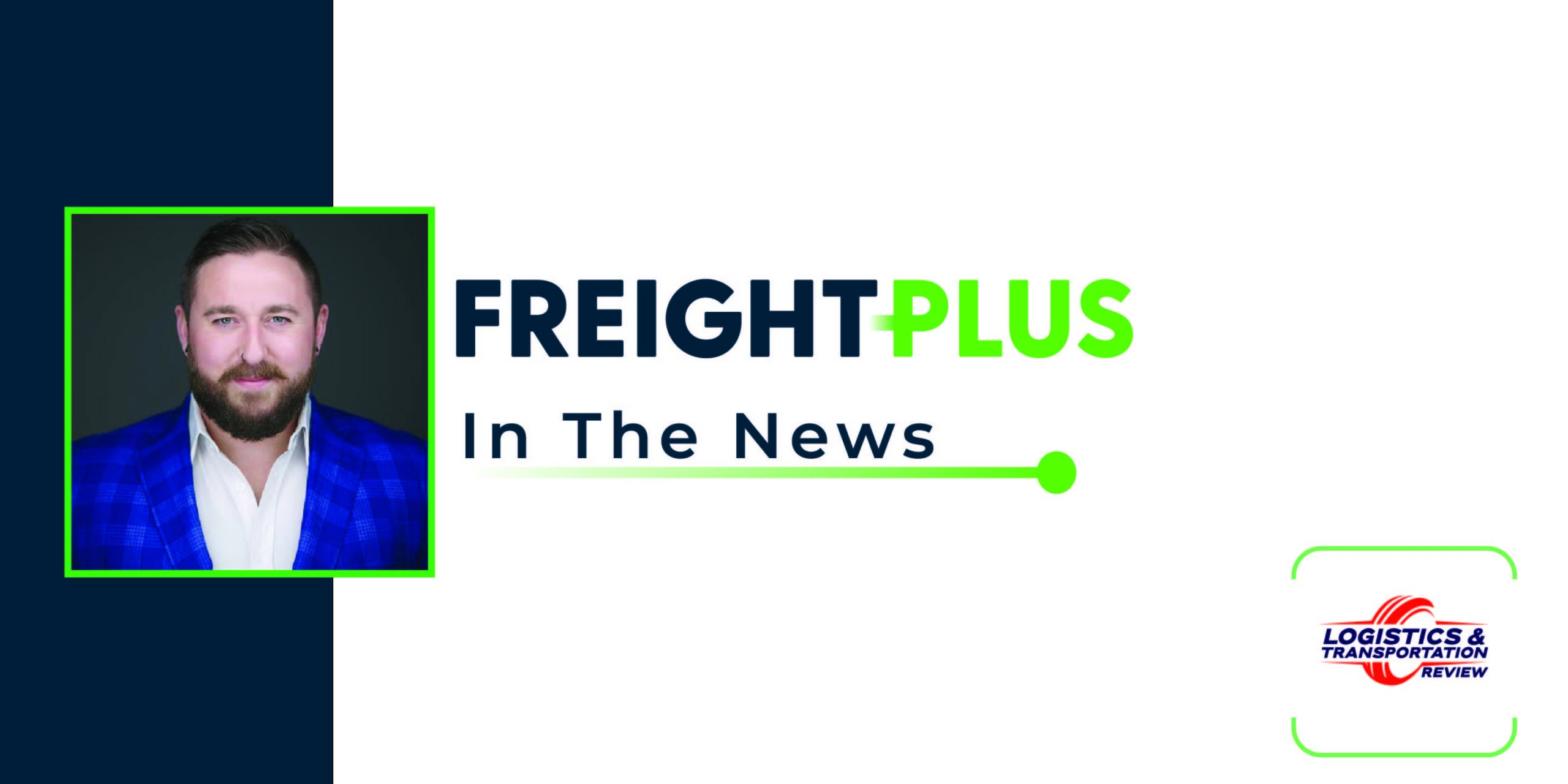Ambition and grit are all I had when I first began my career in logistics over ten years ago. I walked into a new office, into a new career, without a stitch of logistics or supply chain experience. Since that day, I've witnessed firsthand the evolution and hypergrowth of the industry – over the last ten years the competitive landscape has doubled to over 27,000 active MC broker authorities. Logistics is such a unique industry filled with challenges, fragmentation, and constant disruption. Ultimately, logistics has become a passion of mine. In this article, I aim to delve into the intricacies of the freight brokerage business, drawing from my own experiences and perspectives to shed light on the challenges, opportunities, and strategies essential for success in this dynamic field.
Going back to my very first industry lesson, on my first day on the job, I learned the hard way about the importance of having a clearly defined fraud prevention and compliance process. Fraud has always been an issue in the industry, but not near to the level which we see today with a 57% increase year-over-year in 2023 alone. At the time, we were still learning how to protect our customers and ourselves. While coordinating the shipment, I learned about carrier compliance by doing a simple profile check. I used a load board to cradle-to-grave my first load with a random carrier. Quickly after experiencing the adrenaline rush of booking my first load, I found myself on the telephone with the FBI. The load had been stolen, and I learned how this was normal – something the company and myself were unprepared for.
The adoption of new technologies in transportation has always been slow in comparison to other industries. Video conferencing through Skype and Zoom hadn’t been created – we were still using fax machines to scan contracts, load tenders, and rate confirmations as our primary form of document communication. I was naïve to think that fax machines had ceased to exist since the early 2000s – they were still alive and well within the transportation industry. Fast forward a decade and we find ourselves in an ever increasingly volatile space, led by innovation and technology solutions at the cutting edge of fraud prevention, safety, transparency, and efficiencies.
Operating a freight brokerage demands a keen understanding of industry dynamics, technological advancements, and ever-evolving consumer demands. Over the past decade, the logistics industry has experienced substantial growth, driven by globalization, e-commerce expansion, and technological advancements. However, this growth has also intensified competition, prompting brokers to differentiate themselves through innovative solutions, superior customer service and unique company cultures.
Most often a brokerage looks to create a performance-based culture. An environment of highly skilled employees backed by innovative technologies in a casual yet competitive atmosphere. Cultivating an environment to build strong relationships and trust with your employees can foster long-term collaborations and contribute to robust growth for your teams. It’s just like the old adage, “Take good care of your employees, and they’ll take good care of your customers.”
Your teams also need an intimate understanding of the logistics landscape, including regulations, market trends, and operational challenges. Investing in ongoing education and networking within the industry can provide invaluable insights but isn’t enough to be fully successful. What was once an industry powered by descriptive analytics is now shifting to predictive analytical practices at a rapid pace. Shippers, asset-based providers and especially brokerages are pivoting to data driven decision making that’s sculpting their future procurement strategies. Your teams will always be the #1 asset at a freight brokerage, and each member needs to understand how to interpret data sets and apply them to customer strategies in real time.
Successful brokerages have also embraced digital platforms and automation tools as they are essential for streamlining operations and enhancing efficiency. From transportation management systems (TMS) to real-time tracking solutions, technology can significantly enhance the competitiveness of a freight brokerage, and the solutions you’re able to produce for your clients. Most of the top 100 3PLs have a diverse tech stack utilizing EDI and API integrations across multiple ERP, TMS and software solutions.
Marketing and branding can also be a differentiator. Developing a distinct brand identity and marketing strategy is essential for attracting clients and differentiating oneself in a crowded marketplace. Leveraging digital marketing channels and showcasing expertise through thought leadership can help establish credibility and visibility.
Despite the challenges posed by market volatility and competitive pressures, the current landscape presents abundant opportunities for aspiring freight brokers. Organizations that prioritize cultivating a strong culture, enabling their teams with technologies, and establishing well-defined processes are poised to succeed in this market. The growing demand for efficient transportation solutions, coupled with the increasing fragmentation and complexity of supply chains, underscores the need for agile and reliable brokerage services.



